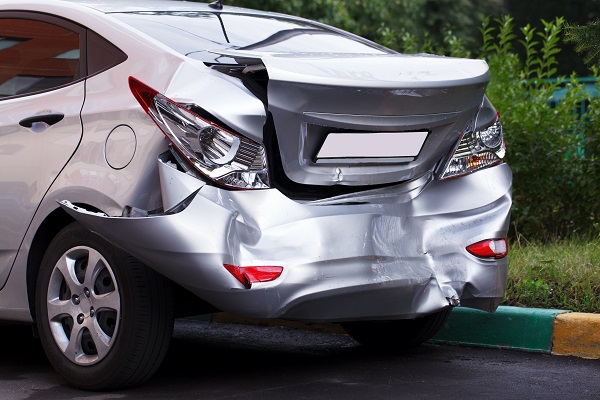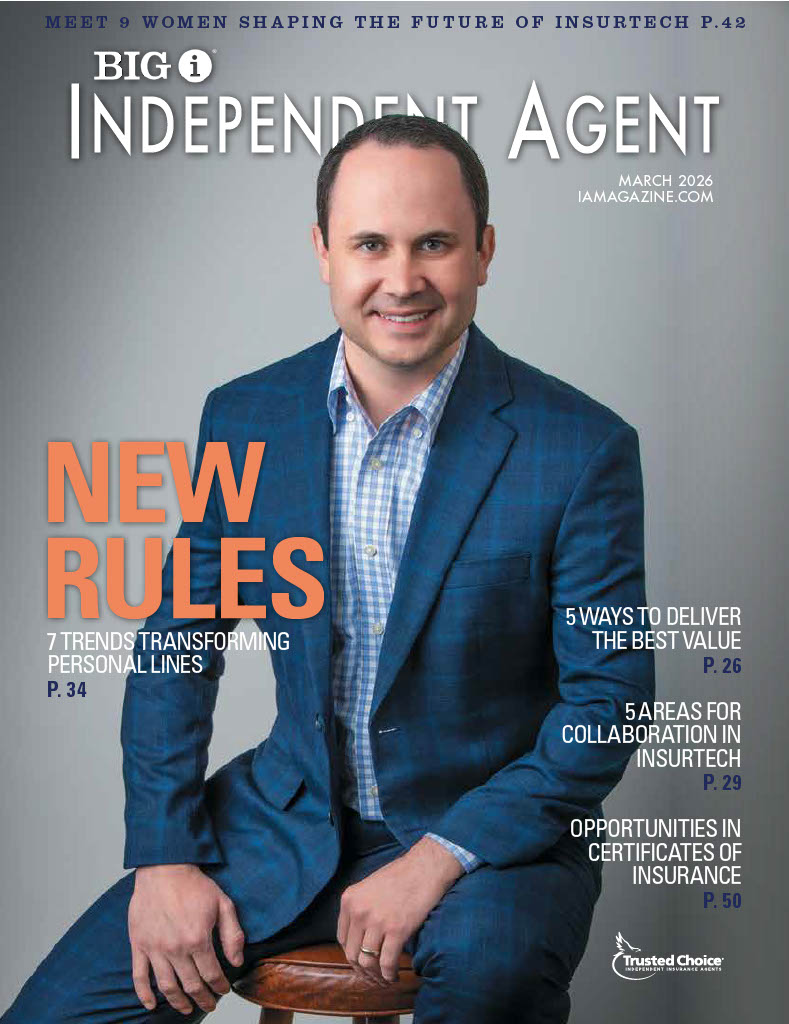Company Auto Hits Personal Trailer: Is Coverage Excluded?

By: Big “I” Virtual University Faculty
A general contractor and his limited liability corporation has a business auto policy on ISO form CA0001 03/06. The autos are owned and registered to the LLC. The insured backed his covered auto into a parked travel trailer owned by his parents. The trailer is not used by the named insured for any business operations.
Q: Because his parents are also members of the LLC, the carrier is denying coverage based on the care, custody or control exclusion. Is this denial valid?
Response 1: The BAP care, custody, or control liability exclusion precludes “property damage to” or “covered pollution cost or expense” involving property owned or transported by the insured or in the insured’s care, custody or control. But this exclusion does not apply to liability assumed under a sidetrack agreement.
In this case, the insured is the LLC member, not the LLC or the other members of the LLC. The insured who caused the damage did not own the travel trailer, he was not transporting the travel trailer, nor was the travel trailer in his care, custody, or control. There should be coverage in this situation.
If the BAP used the term any insured, rather than the insured, then there would be no coverage. This concept is explained in a Big “I’ Virtual University article. It sounds like the covered auto was owned by the LLC, not the son individually.
There are several more VU articles related to this:
- “BAP Coverage for Employees’ Property“
- “Care, Custody & Control in the BAP”
- “Care, Custody or Control and Separation of Insureds”
Response 2: The application of care, custody or control depends upon the circumstances. Those words mean pretty much what they say. If the travel trailer was being stored by or cared for by the insured, or if the insured had the property in their care, custody or control in any other way, then the exclusion applies. Depending upon the exact details of ownership, some other exclusion might apply.
Response 3: “Insured” means any person or organization qualifying as an insured in the Who Is An Insured provision of the applicable coverage. Except with respect to the limit of insurance, the coverage afforded applies separately to each insured who is seeking coverage or against whom a claim or “suit” is brought.
This is what the ISO form says:
The following are “insureds”:
- You for any covered “auto”.
- Anyone else while using with your permission a covered “auto” you own, hire or borrow except:
- Your “employee” if the covered “auto” is owned by that “employee” or a member of his or her household.
- Someone using a covered “auto” while he or she is working in a business of selling, servicing, repairing, parking or storing “autos” unless that business is yours.
- Anyone other than your “employees”, partners (if you are a partnership), members (if you are a limited liability company) or a lessee or borrower or any of their “employees”, while moving property to or from a covered “auto”.
- A partner (if you are a partnership) or a member (if you are a limited liability company) for a covered “auto” owned by him or her or a member of his or her household.
- Anyone liable for the conduct of an “insured” described above but only to the extent of that liability.
An LLC is a separate legal entity from the members of the LLC. It doesn’t appear the parents qualify as insured in this case, so the denial is improper.
Response 4: The LLC is a separate legal entity and not the individual members that own it. The exclusion noted eliminates coverage for damage to property that’s in the care, custody or control of the LLC.
This question was originally submitted by an agent through the Big “I” Virtual University’s (VU) Ask an Expert service, with responses curated from multiple VU faculty members. Answers to other coverage questions are available on the VU website. If you need help accessing the website, request login information.
This article is intended for general informational purposes only, and any opinions expressed are solely those of the author(s). The article is provided “as is” with no warranties or representations of any kind, and any liability is disclaimed that is in any way connected to reliance on or use of the information contained therein. The article is not intended to constitute and should not be considered legal or other professional advice, nor shall it serve as a substitute for obtaining such advice. If specific expert advice is required or desired, the services of an appropriate, competent professional, such as an attorney or accountant, should be sought.










